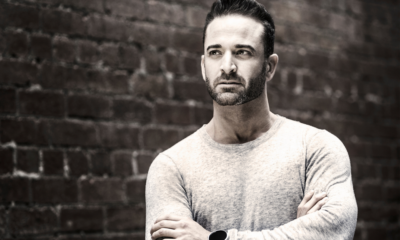MarTech’s daily brief features daily insights, news, tips, and essential bits of wisdom for today’s digital marketing leader. If you would like to read this before the rest of the internet does, sign up here to get it delivered to your inbox daily.
Good morning, Marketers, and won’t a cookieless world seem strange?
I had that thought last week when my Instagram feed suddenly filled with ads for a product I was not remotely in-market for. But at least I knew why. I had been researching a brand for a case study I was writing. I spent some time, of course, on their website, looking at products for which I was not the target demographic.
I filled no forms on the website, offered up no personal information, yet the ads showed up right away on my social media. Ah, the magic of cookies. I’m too accustomed to this happening to find it annoying, but it did make me think about how random advertising might become in the post-cookie age.
There is at least a chance I might be interested in a product I appear to have been researching. An internet where I’m shown ads for products I haven’t even looked at — snow shoes? helicopters? — is going to be stranger than we yet fully realize.
Kim Davis
Editorial Director
P.S. On a more somber note, we mark with great regret the untimely passing of Vasil Azarov, founder of Growth Blazers and event marketer extraordinary. He was a good friend of MarTech and we send our heartfelt condolences to his family.
Get the daily newsletter digital marketers rely on.
Shorts
What we’re reading. Challenging thoughts from marketing strategist Kathleen Schaub. She argues that marketing is a brand’s “long game.” Short-term stimuli to trigger sales, she writes, should be “used infrequently and under appropriate conditions.” She may well be right, but with marketing organizations under pressure to show swift ROI, is playing the long game a luxury?





















You must be logged in to post a comment Login